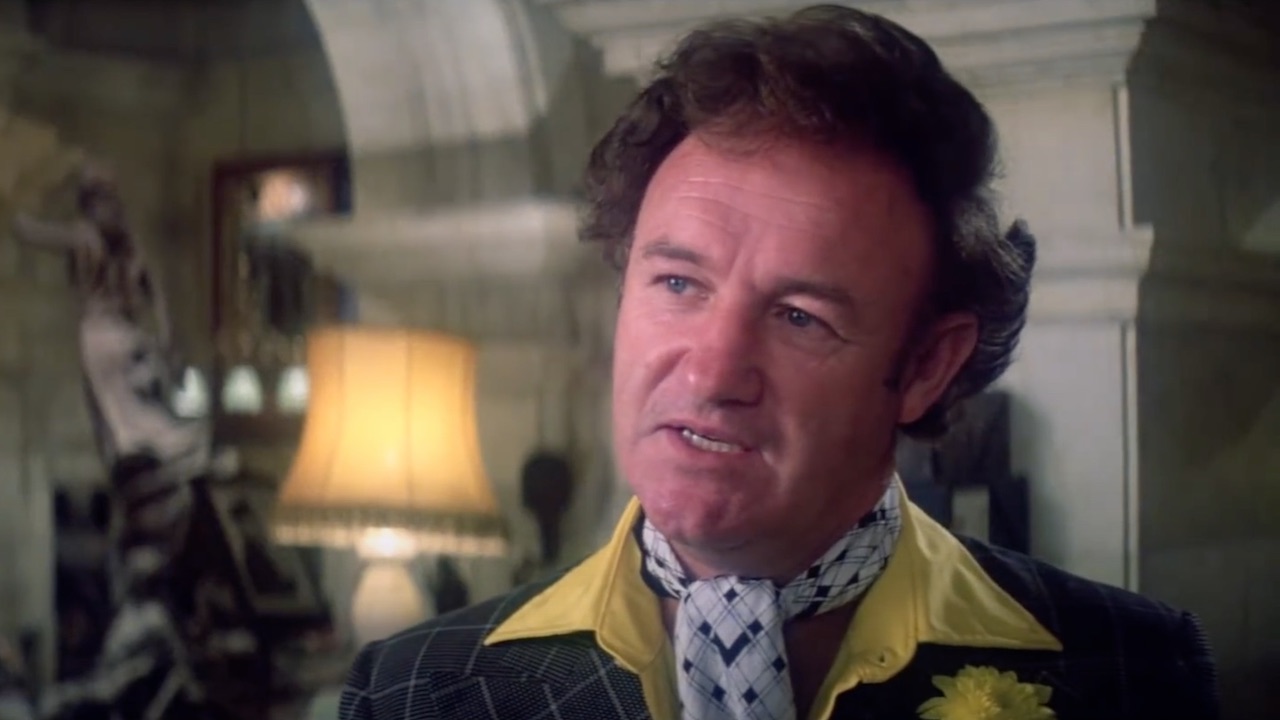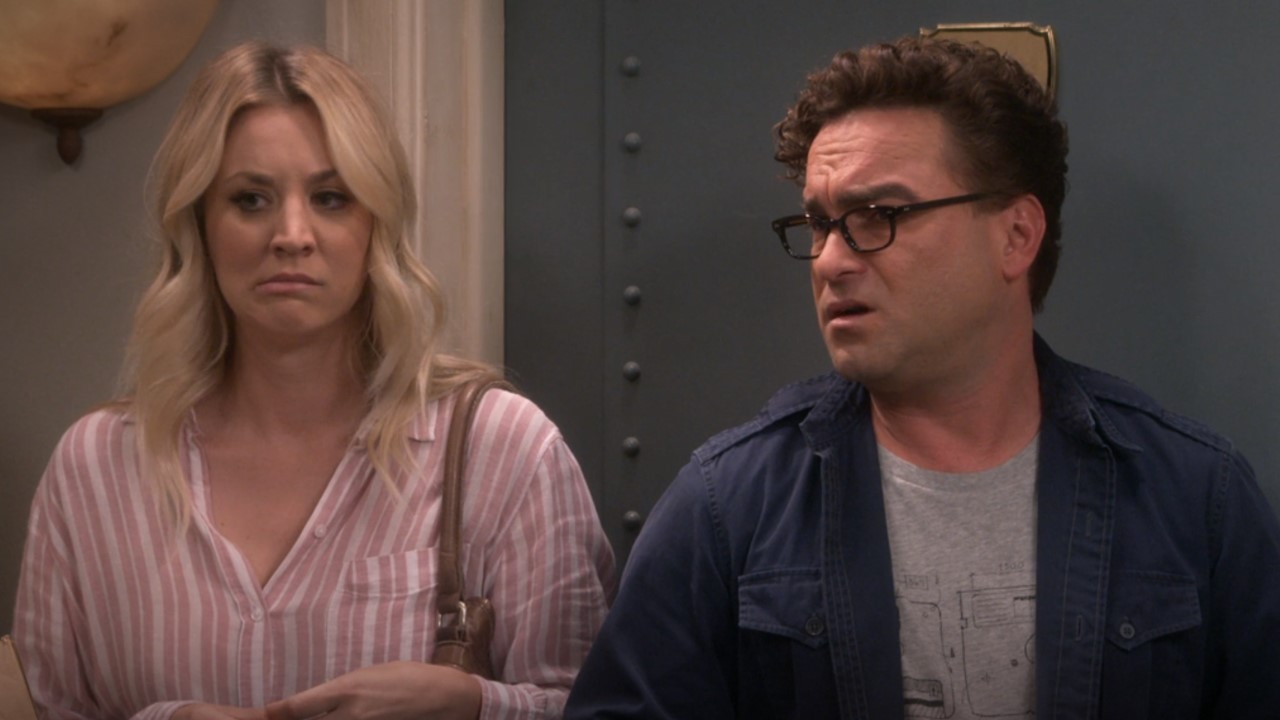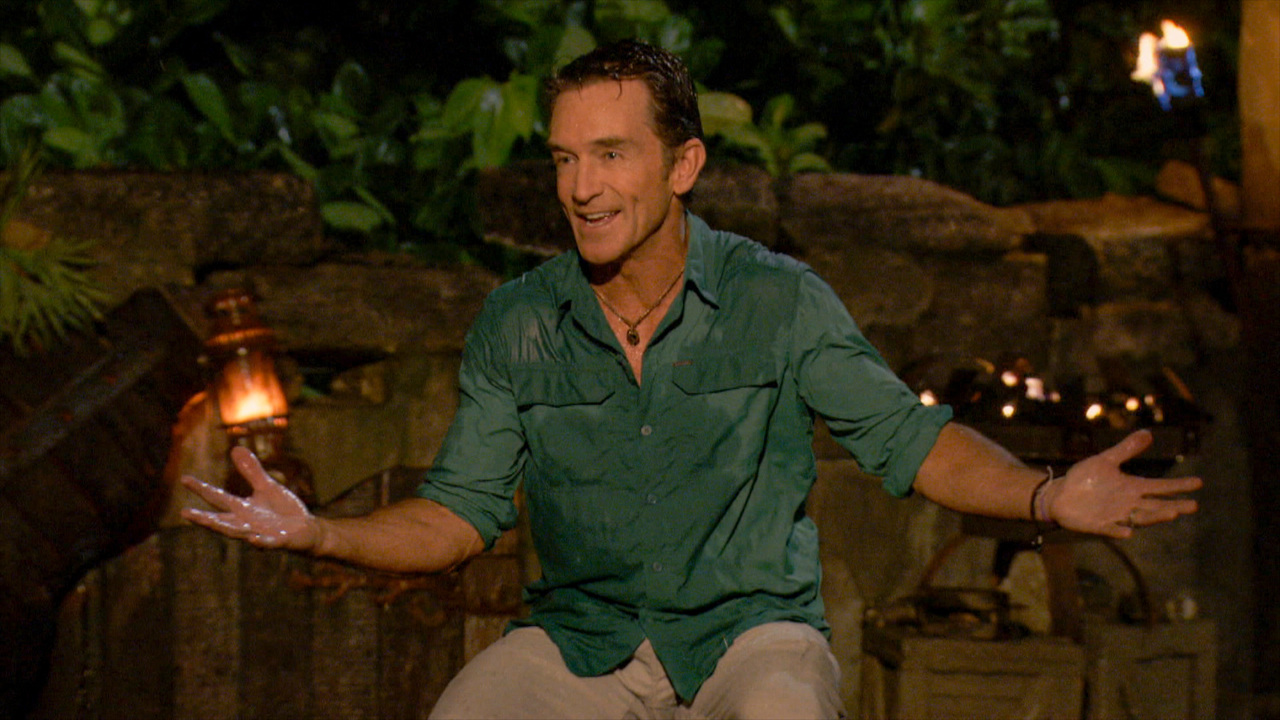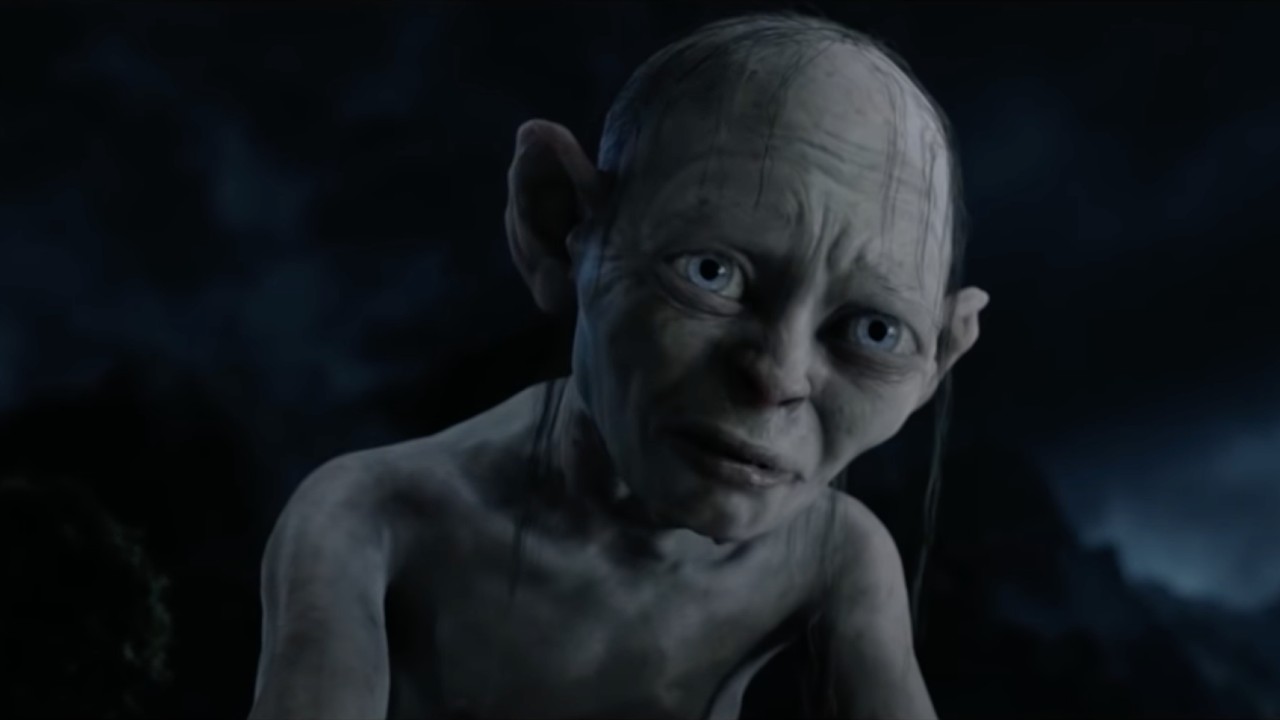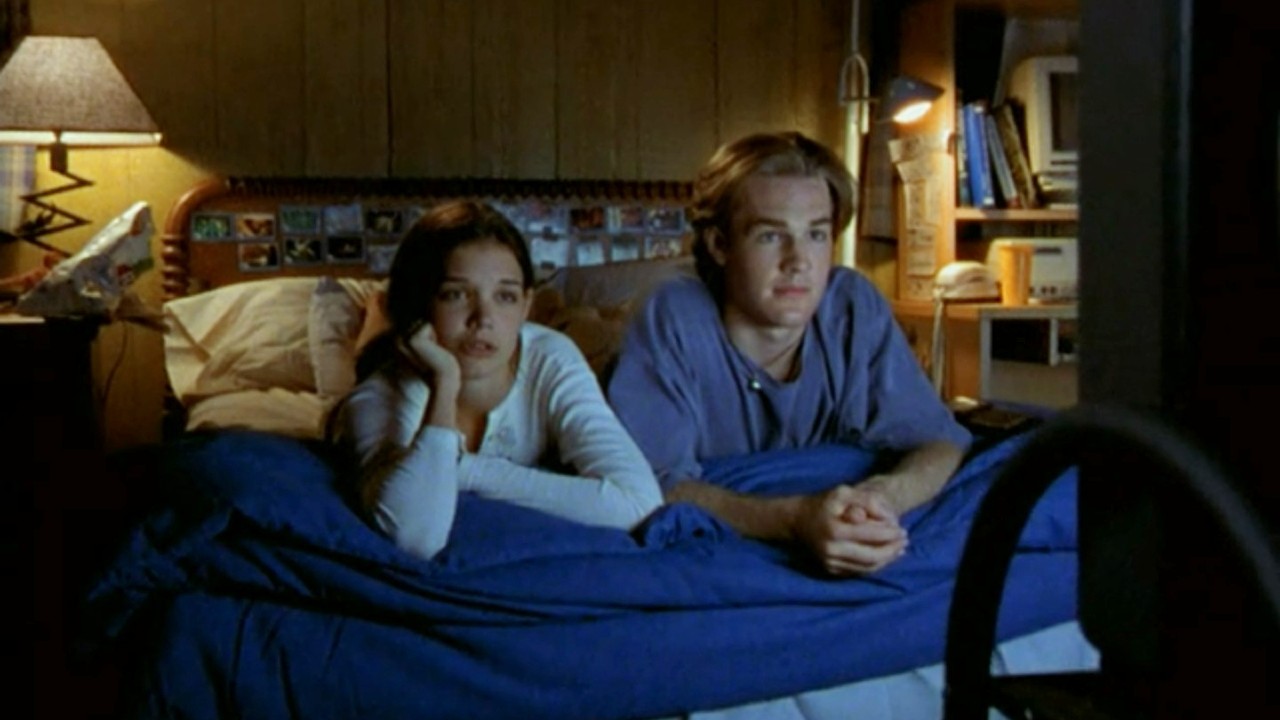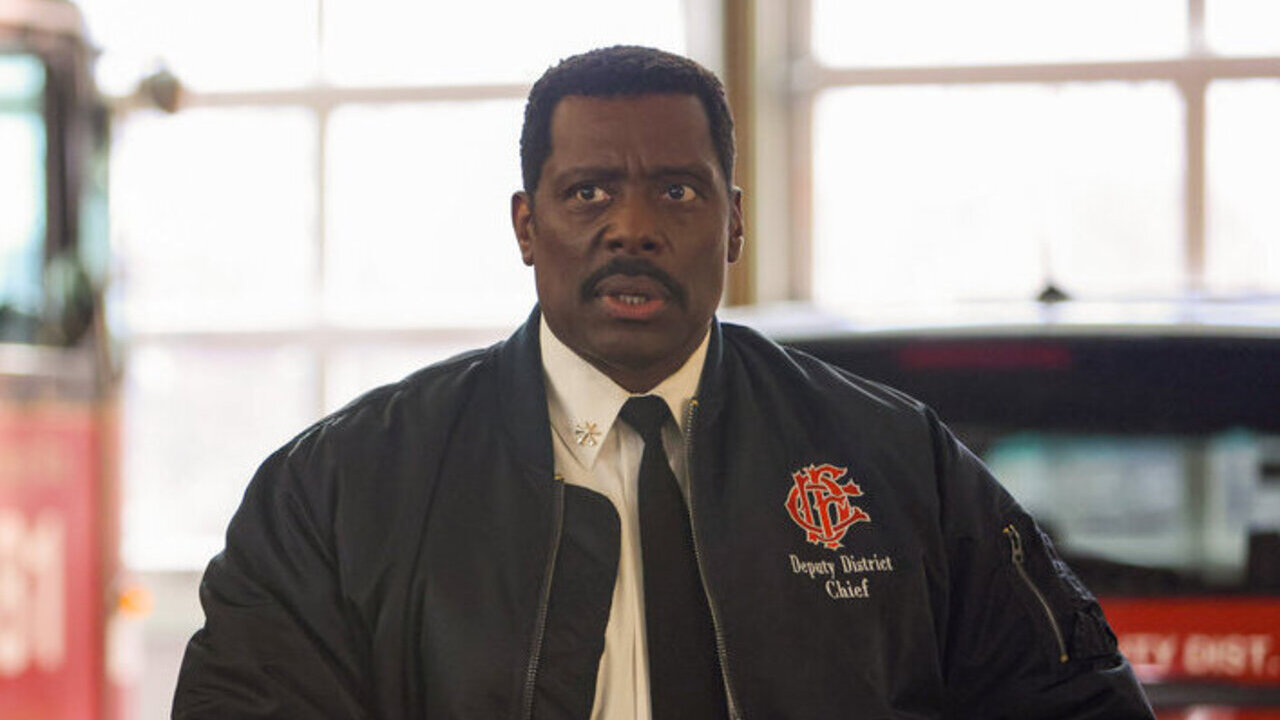Doctor Who: How Each Doctor Has Died So Far
Here's how each met their end.
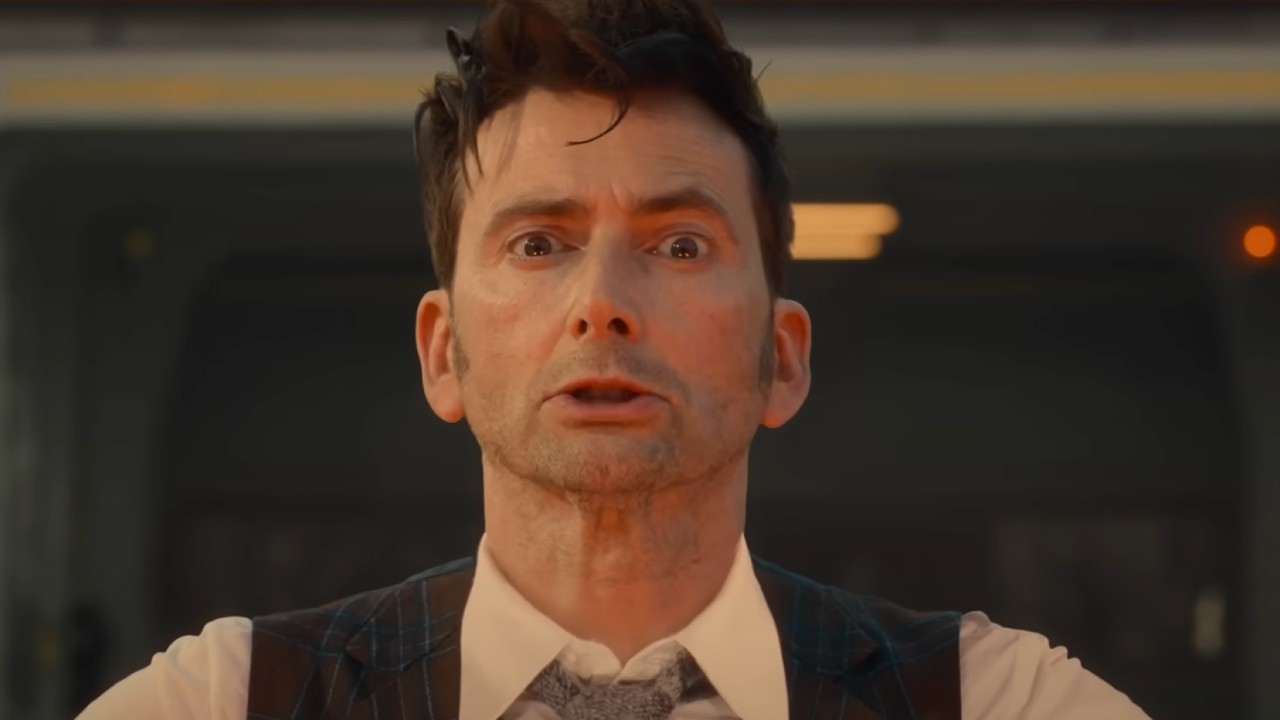
The long-running Doctor Who may feel a bit daunting to newcomers, especially those aware of the show's over 60-year history on television. Of course, most fans will tell anyone jumping in for the first time a vast quantity of knowledge is not required to dive in at the reboot, though it may be worth remembering how each Doctor met their end.
The Doctor has died in some heroic, tragic, and, in the case of most Classic Who, somewhat bizarre ways. The following are brief rundowns of what happened, as well as a little bit on The Doctor as well. Let's get that TARDIS whirring, take a trip through time, and hope no malfunctions land us in medieval Europe!
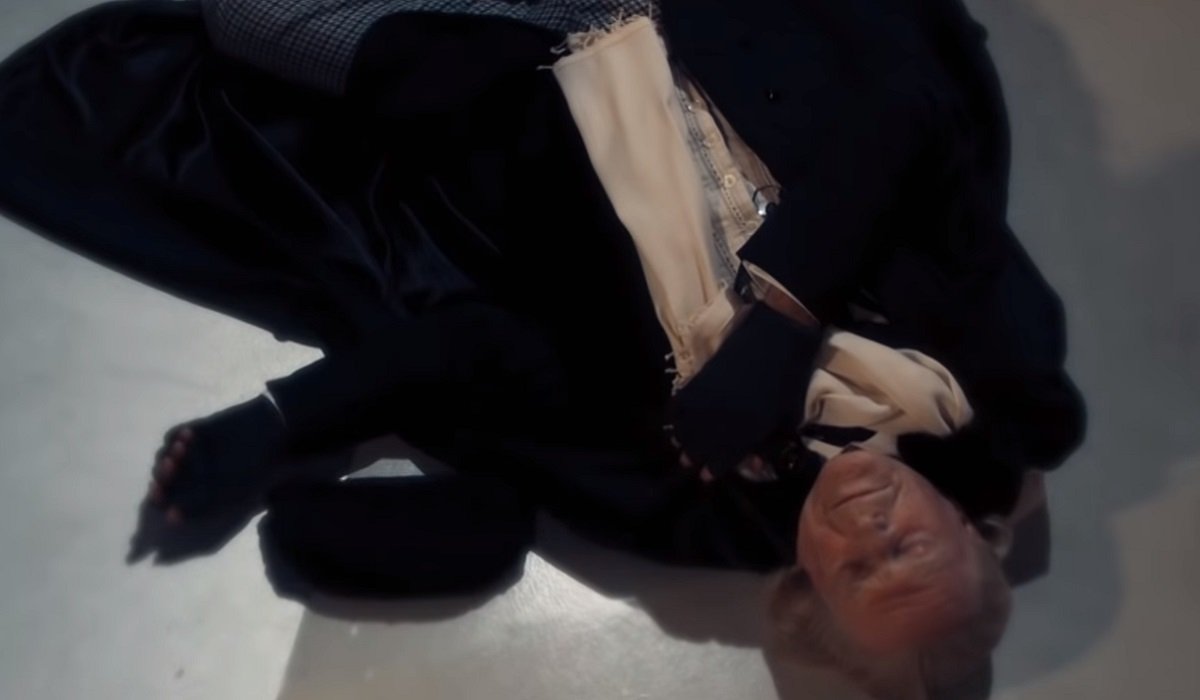
First Doctor - Season 4, Serial 2 (Exhaustion/Old Age)
William Hartnell, the George Washington of Doctors both in order and appearance, met his end not long into Doctor Who Season 4. "The Tenth Planet" was the first time the series would introduce the concept of regeneration, which would obviously become a major part of the series down the stretch. It could've all ended had the show not executed on this concept, but luckily, it worked out.
The Doctor went to war with the Cybermen on Mondas for two episodes, but the mission and the journeys prior have taken their toll. The Doctor was forced to rest in the third act, but ultimately regained consciousness and played a part in protecting Earth from the wrath of the Cybermen. Unfortunately, he was far too weary and retreated to the TARDIS, knowing his time was up. His final act was opening the TARDIS door for his companions to prevent the ship from departing without them, and then he transformed into an entirely new man looking good as new. This story was later expanded upon in the 2017 Christmas special "Twice Upon A Time," but we'll get into that a little later.

Second Doctor - Season 6, Serial 7 (Forced Regeneration As Punishment)
By now, any Doctor Who fans who got in post-reboot should understand the classic episodes were just a bit different. For example, the last Doctor died of a combination of weariness and exhaustion of old age, and Patrick Troughton's Doctor got an even more bizarre fate. The Doctor was forced into regeneration as a punishment after facing a council of fellow Time Lords for disrespecting their rules of non-interference.
The Doctor didn't deny these claims, nor was he apologetic. The Time Lords respected his reasoning, but still chose to exile him on Earth in the 20th century without the secret of the TARDIS, until they saw fit, as punishment for his prior crimes. They did present a mercy in letting The Doctor have some say in his next regenerative appearance, but The Doctor blew it by being too picky. The Time Lords forced through his regeneration, and the Doctor was sent to Earth, where he promptly face-planted into some bushes.
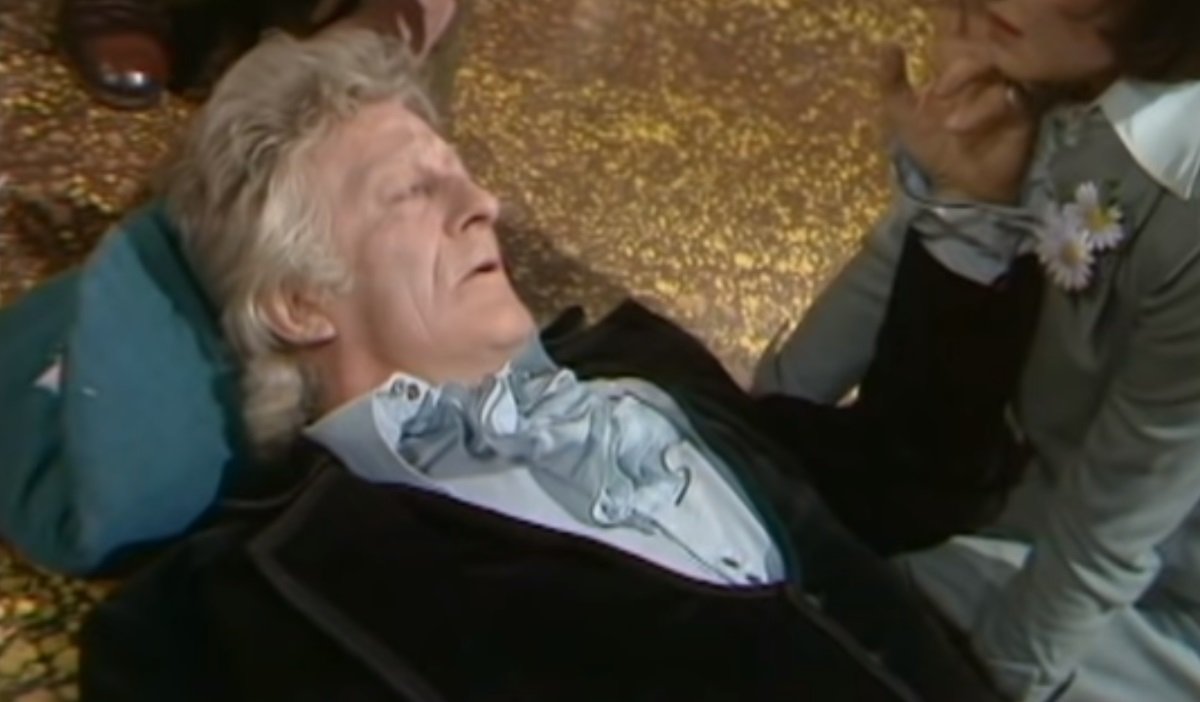
Third Doctor - Season 11, Serial 5 (Radiation Poisoning/Blood Loss)
The death of Jon Pertwee's Doctor was significant mainly because it was the first time the Doctor's death was referred to as a "regeneration." This Doctor passed in the serial "Planet of the Spiders" after receiving a lethal dose of radiation from battling a queen spider. At least, that's what was originally shown on television, and extended canon has made explaining this death a bit tricky.
CINEMABLEND NEWSLETTER
Your Daily Blend of Entertainment News
The Third Doctor's death was retconned in the book Interference- Book Two, or rather, history was altered to give him a different road to regeneration. The Doctor was shot through the ribcage by a resident of the planet Dust, and died of blood loss. This ending was written in 1992, though while it is the most current ending, I hesitate to call it canon mostly because the details haven't been confirmed on television. That probably won't happen since Doctor Who doesn't make deep references to the classic years, so viewers may as well just choose the one they like more.
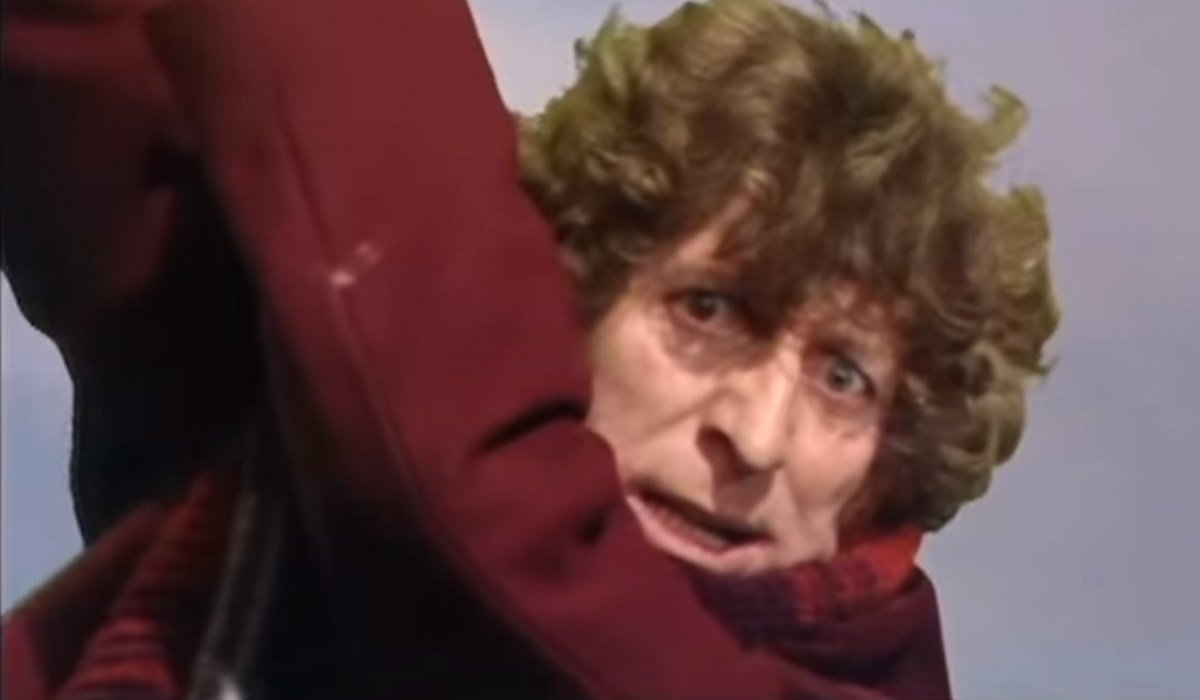
Fourth Doctor - Season 18, Serial 7 (Fell Off A Telescope)
This exit may sound very lame, and in all honesty, it kind of is by The Doctor's standards. Tom Baker's Doctor was double-crossed by The Master in "Logopolis" and had to make his way up a large telescope in order to unplug a cord that broke The Master's connection to the Charged Vacuum Emboitement (it's a time traveler highway, basically). The Doctor was successful but pulled too hard on the cord and fell to his death.
Beyond the fact that this was one of Tom Baker's final appearances as The Doctor, this episode is odd because it introduced the concept of "The Watcher." In this episode, a mysterious figure lingered the entire serial, up until the Doctor's death where he fused with him and formed the Fifth Doctor. The character was brought in to help explain the regeneration process, and gave him another fresh face to protect humanity with.
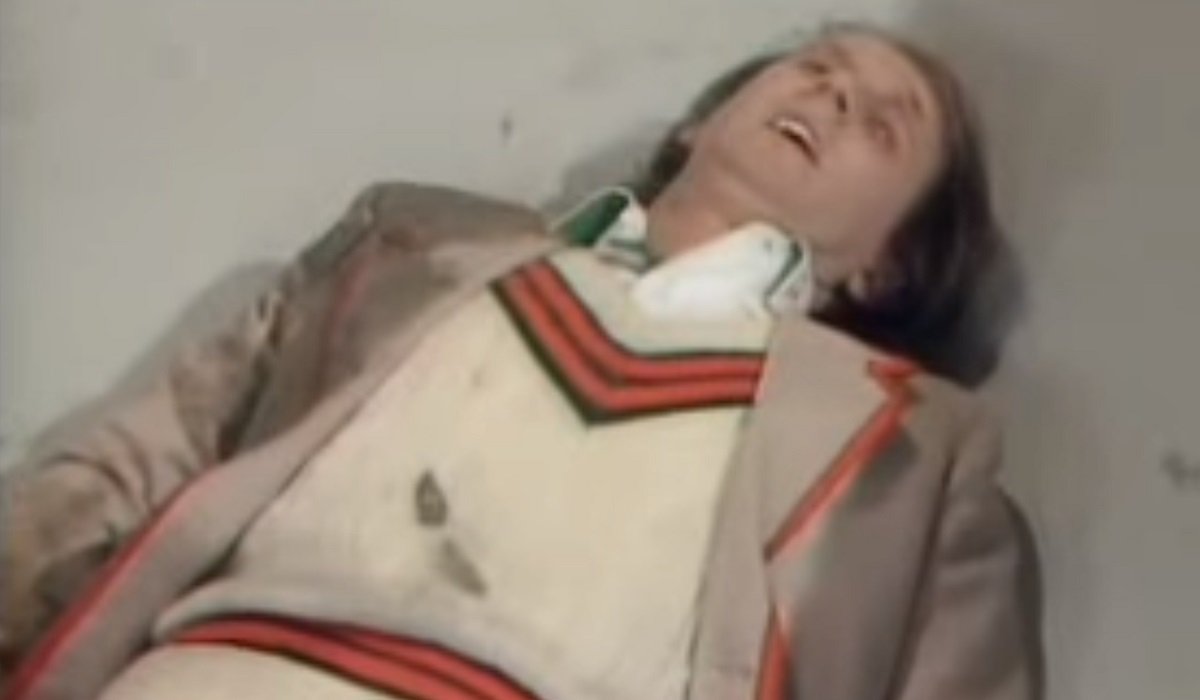
Fifth Doctor - Season 21, Serial 6 (Deadly Illness)
Ironically, Doctor Who's Fifth Doctor (Peter Davison) died from exposure to something that, under the right process, can actually extend life. Unfortunately, unrefined Spectrox proved very lethal to Doctor and his companion Peri Brown and quickly put them at death's door. Being human, Peri felt the effects much faster, so it was on The Doctor to attempt to find a way to save both their lives.
The only cure was the milk of a queen bat, which the Doctor bravely recovered for both he and Peri to bounce back good as new. The bad news is he dropped his recovered vial in the sand, and when he retrieved it, there was only enough to save one of them. Being The Doctor, he opted for Peri and resigned to the fact that he was going to take on a new face once he finally met his end.
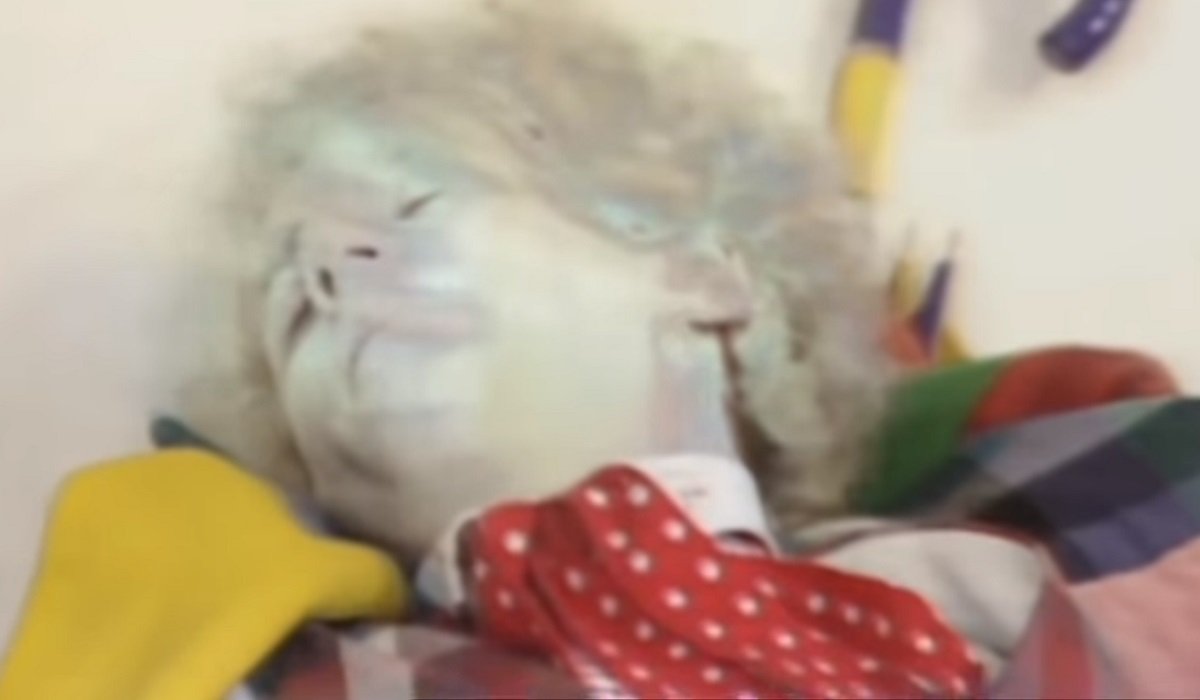
Sixth Doctor - Season 24, Serial 1 (Cause Of Death Disputed)
Colin Baker's Doctor may be the most special Doctor in Doctor Who in this regard because there's no consensus on how his character died. This is mainly because the death of this Doctor was never shown on-screen, with the audience only being brought into the story when he was on the verge of regeneration.
One telling of The Doctor's regeneration says the Doctor was killed via an attack by a rival assaulting the TARDIS. Another claims he was deliberately killed by the Seventh incarnation of The Doctor, and yet another alleges his energy was sapped by a "pan-dimensional being" in the aforementioned attack by a rival. The real answer is that there is no clear answer, and perhaps had Colin Baker gotten the earnest run he signed on for and not the 18-month hiatus that shortened his tenure, we may have gotten an answer.
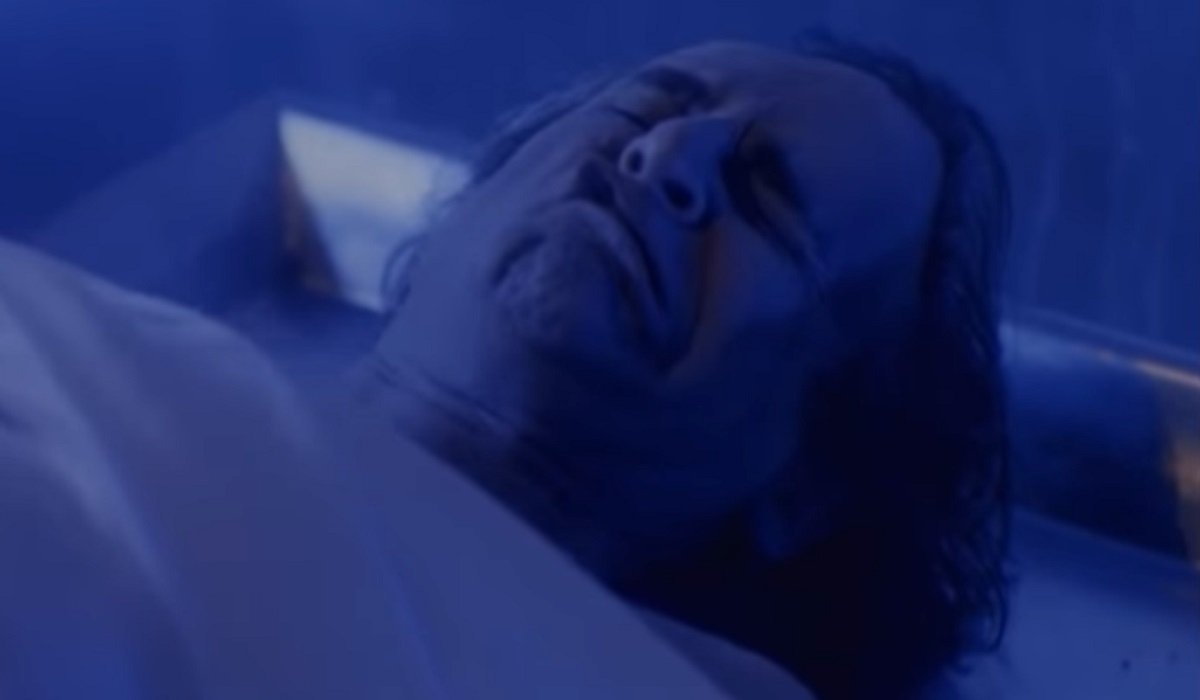
Seventh Doctor - The Doctor Who TV Movie (Died In Surgery)
After The Master faked his death and escaped in snake form, The Doctor arrived in San Francisco hoping to stop him. Unfortunately the TARDIS materialized in the midst of a gang shootout, and Sylvester McCoy's Doctor got plugged and was taken to a hospital in dire straits.
A hospital would be the best place for most people after being shot, but not The Doctor. He was forced into surgery by well-meaning human doctors who were hoping to repair his heart, not knowing he had two hearts. The confusion of his anatomy causes a camera to clog a major artery, and The Doctor died in surgery. It's quite an end, especially considering this officially put the character over the halfway point in his regeneration limit.
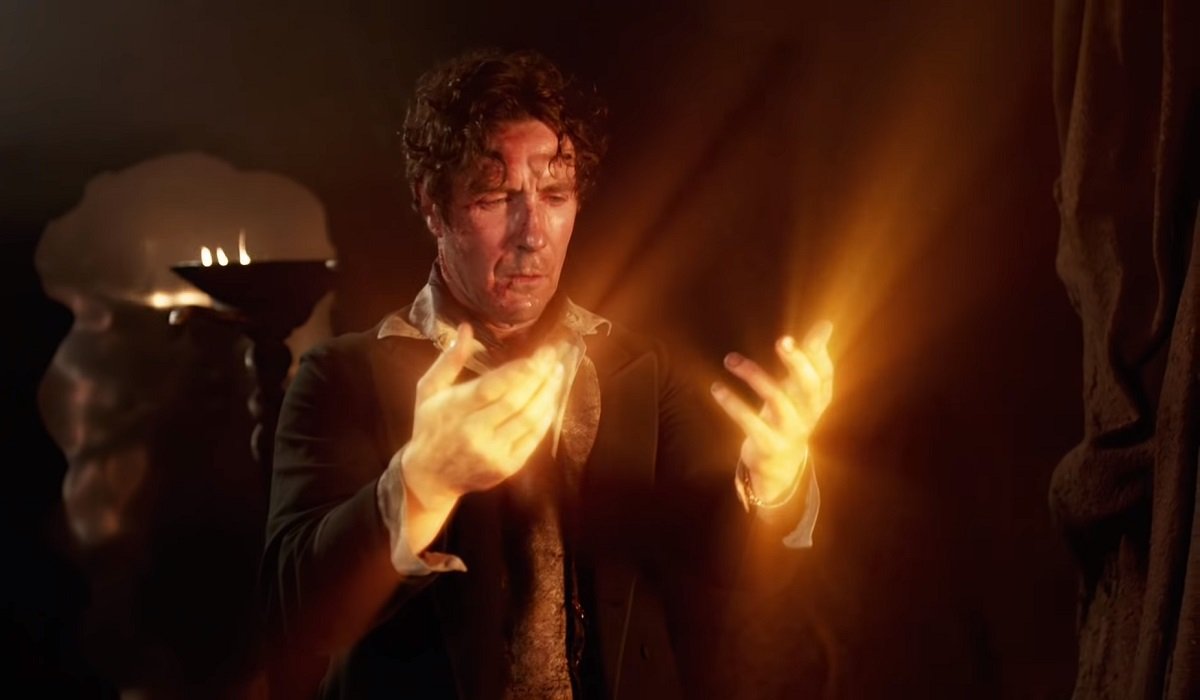
Eighth Doctor - The Night Of The Doctor (Regeneration Via Concoction)
Paul McGann's Doctor could've been the first face of the rebooted Doctor Who franchise in the mid-'90s, but the franchise opted not to reboot following his television movie. Despite that, McGann's Doctor remained popular with fans and starred in dozens of audio dramas and novels in the time between the movie and the present day.
It wasn't until 2013, however, that the Eighth Doctor got a proper ending, and the 50th anniversary special provided that opportunity in a rather unique fashion. The Doctor had died in a crash landing but was revived by the Sisters of Karn. Via their special concoction, The Doctor was able to choose the traits and personalities of his next regeneration. It was the Sisters' hope he'd use this ability to craft a persona capable of bringing the Time War to an end, which McGann's Doctor did in constructing what was known as The War Doctor.
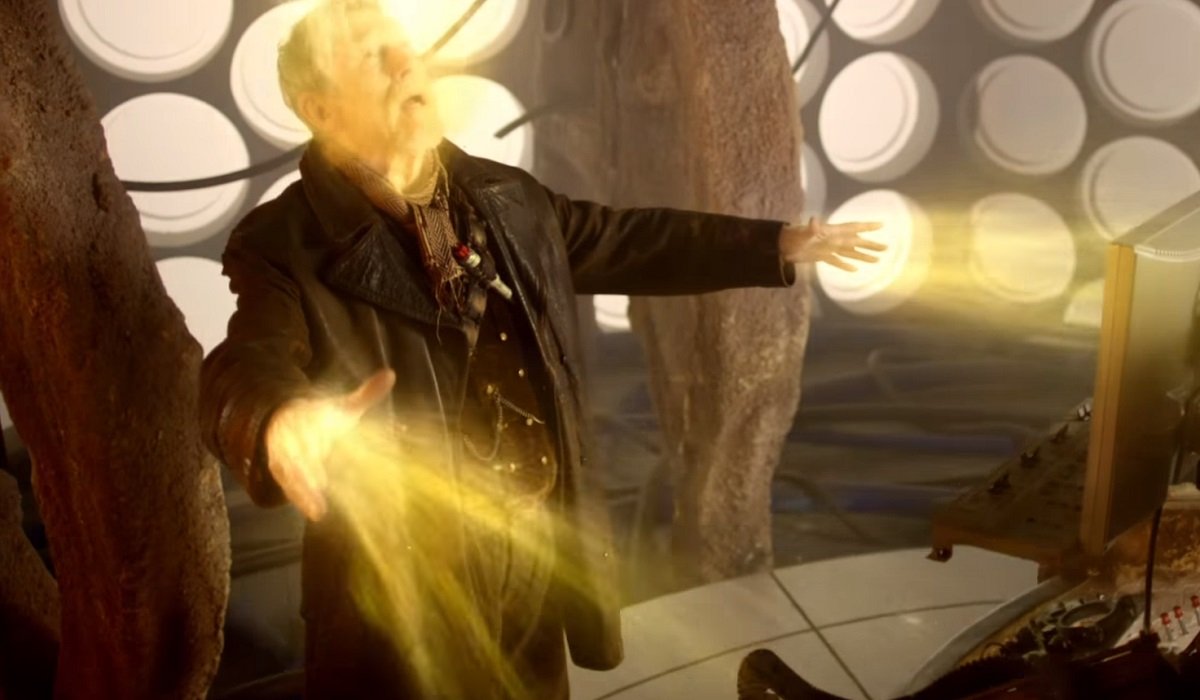
The War Doctor - 50th Anniversary Special (Old Age)
John Hurt's Doctor was an incarnation added solely for the purpose of the 50th anniversary special of Doctor Who and was not assumed to be part of the story before then. He was supposed to be the Doctor that his Eighth incarnation crafted especially for war, and ultimately helped bring almost every incarnation of The Doctor together to save Gallifrey.
Once all the danger was over, the battle-weary Time Lord simply regenerated due to old age. The act officially bridged the gap between Classic Who and modern Doctor Who, and (for now) helped close the links between Doctors past and present. Though Hurt's tenure as The Doctor was short-lived, his legacy will live on as a vital part in celebrating the franchise's 50 years and the precursor to Christopher Eccleston's Doctor.
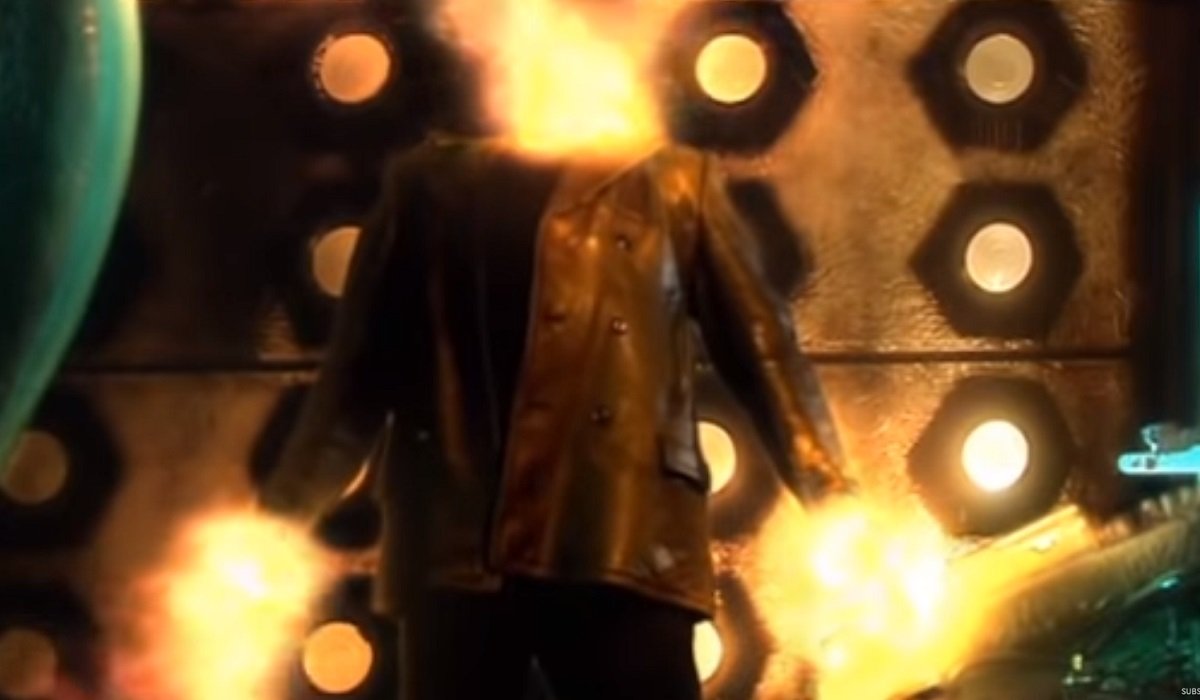
Ninth Doctor - New Season 1, Episode 13 (Cellular Degeneration)
Christopher Eccleston may not look back on his Doctor Who days as fondly as other actors, but his performance as the reboot's "first Doctor" helped the series survive its return to television. Credit should also be given to actress Billie Piper, whose Rose Tyler played a large part in the storyline that led to this Doctor's death.
"The Parting of the Ways" finally closed out the series' "Bad Wolf" arc and turned Rose into the big hero by staring into the Time Vortex. The action allowed her to defeat the Dalek Emperor and even bring Captain Jack Harkness back to life, but the power was destroying her body. The Ninth Doctor, realizing she didn't have long left, kissed Rose on the mouth. The acted transferred the energy from her body to his, and while he returned the energy to the TARDIS, harnessing the energy forced The Doctor into a regeneration. He bounced back to Rose's delight, though his personality change would take some getting used to.
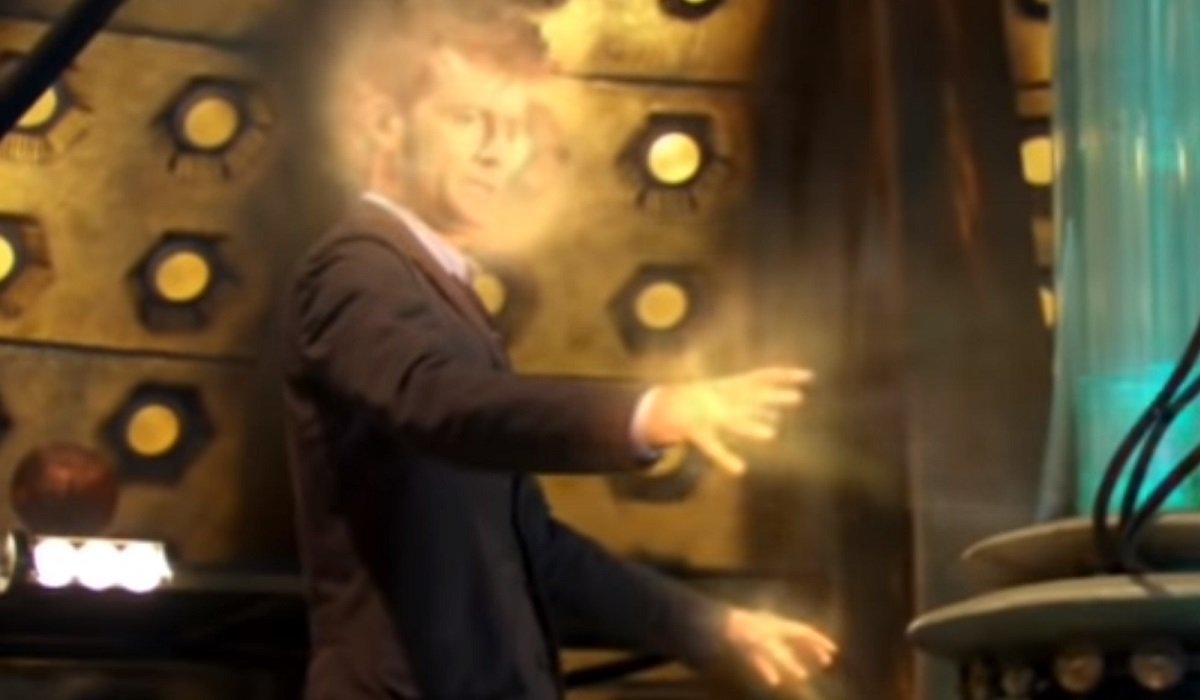
Tenth Doctor - "The End Of Time: Part Two" Christmas Special (Radiation Poisoning)
David Tennant is, in the opinion of many, one of if not the best Doctor to ever star in Doctor Who. In hindsight, it almost seems like Doctor Who knew it had something special in Tennant, as his regeneration was one of the series' more drawn-out but well-constructed deaths of the franchise. That's not including when he regenerated but didn't change because he diverted the energy into his severed hand, which is a story for another time.
After he saved Earth from The Master and vengeful Time Lords, The Doctor believed he had escaped the prophecy of his death. Unfortunately, the Doctor's human friend, Wilfred Mott, was trapped in a radiation booth, and for him to survive, The Doctor needed to take his place. He took his place and died of radiation poisoning, though still had some time to travel through time and get one last look at his friends from over the years before transforming.
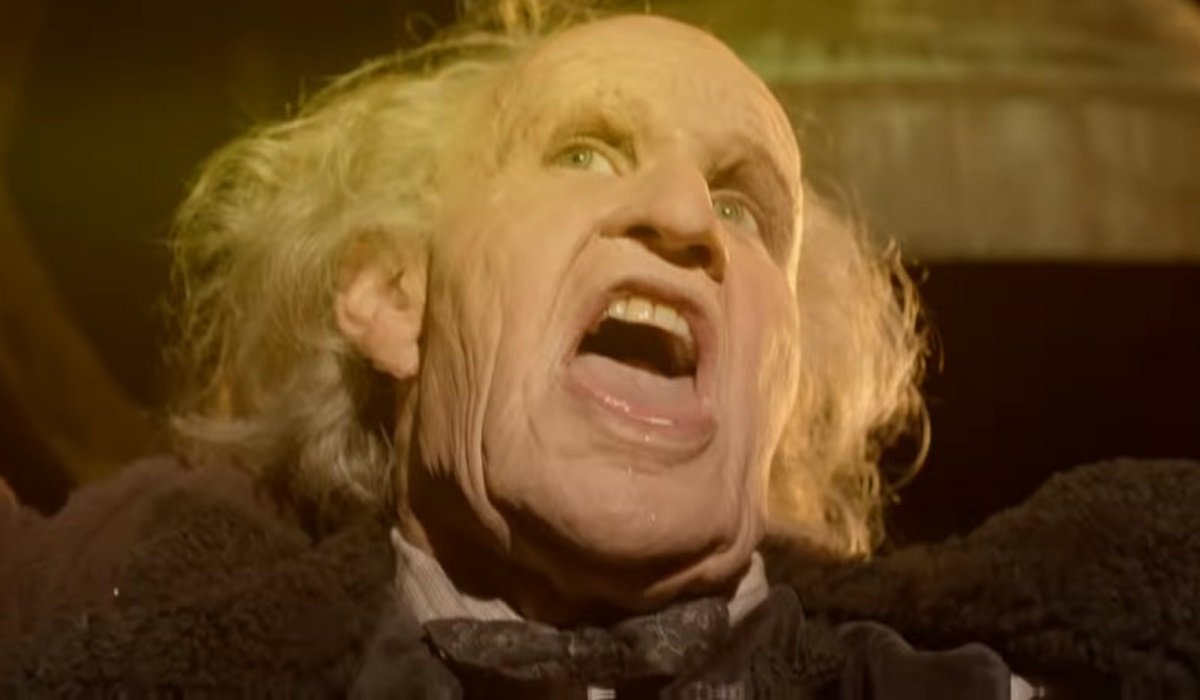
Eleventh Doctor "The Time Of The Doctor" Christmas Special (Old Age)
Matt Smith's Doctor had a bit of a stranger exit than other modern Doctors, mainly because his departure was preceded by another major franchise event. "The Time Of The Doctor" Christmas special came after the 50th anniversary, which, among other things, gave viewers their first look at the Twelfth Doctor, a treat usually reserved for another Doctor's final episode.
A pocket universe of Time Lords was waiting for his signal to emerge while a vast number of the Doctor's enemies are watching to attack Trenzalore to prevent the Time Lords returning. The Doctor stood guard never allowing either to happen, advancing in age to that of an old man. The Doctor was granted a new regeneration cycle, and even briefly returned to his age before the Trenzalore incident. He still changed and, in a twist on the past few regenerations, made a full transformation in the timespan of a sneeze. It was quite a jarring change, but awesome all the same.
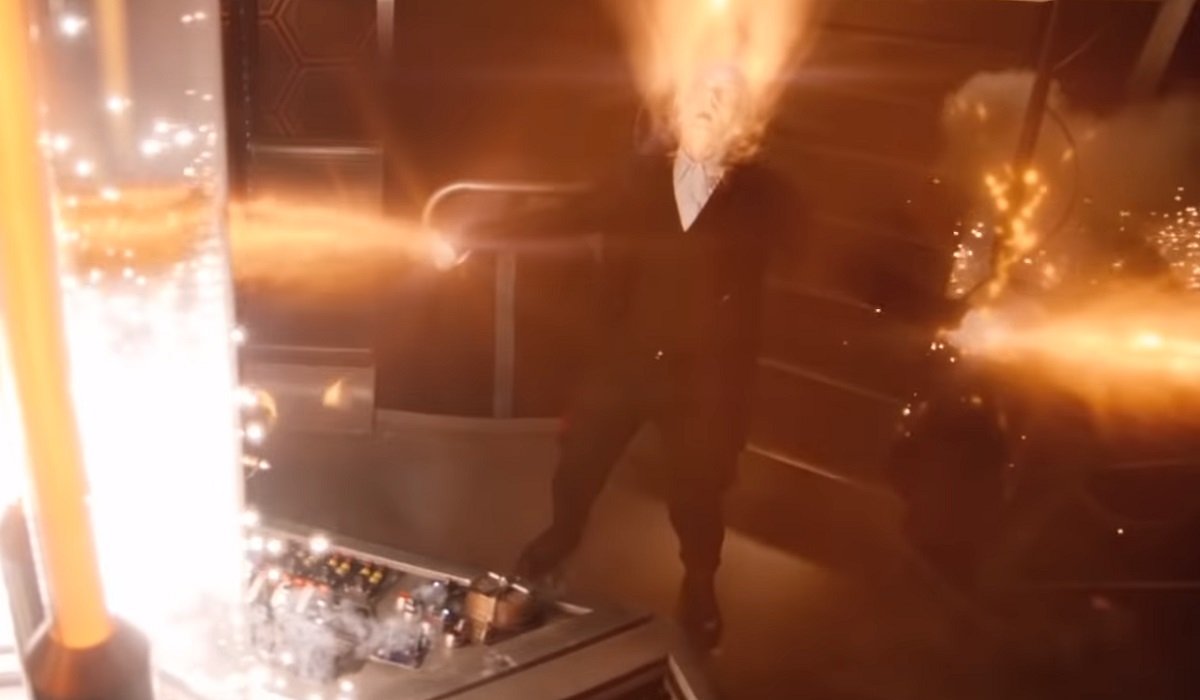
Twelfth Doctor "Twice Upon A Time" Christmas Special (Electrocution/Explosion/Shot)
The Cybermen of Doctor Who have always been a great threat, but it's rare they ever got a win on The Doctor like they did with Peter Capaldi's incarnation. The Twelfth Doctor was electrocuted, blown up and shot by Mondasian Cybermen. Despite that, he willfully stopped his regeneration and decided not to change, and might've stayed that way had he not received a visit from the First Doctor.
"Twice Upon A Time" put the Twelfth and First Doctor in a crossover episode, with both incarnations on the verge of regeneration. By the end of their adventure (which involves a World War I soldier stuck in time), both men decided it was time to move on, but only one of them turn into the next man. As Doctor Who fans know, Capaldi's incarnation gave way to the franchise's first female incarnation of The Doctor, Jodie Whittaker's Thirteenth Doctor. Her story as the Timeless Child is a bit more complicated and promised to change the canon of Doctor Who completely, but fans had no way of knowing what was on the way.
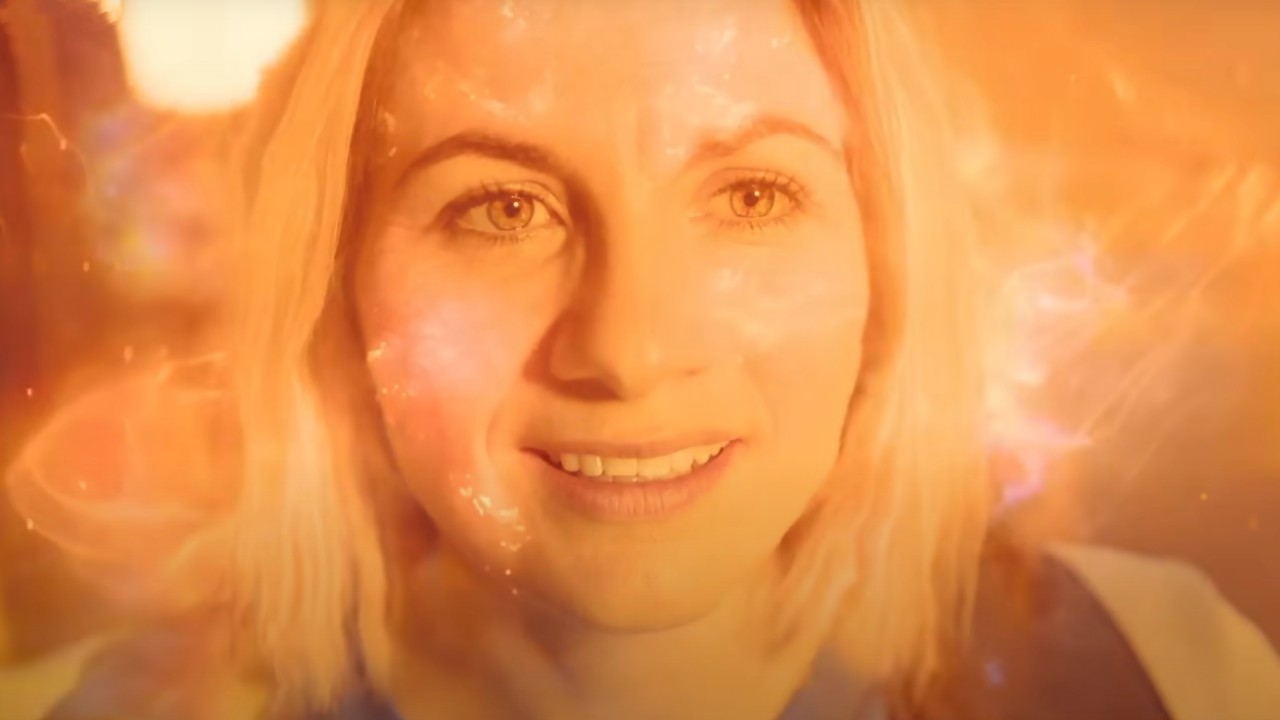
Thirteenth Doctor - "The Power Of The Doctor" (Shot With A Laser)
The Thirteenth Doctor fought some hard battles against The Master during her run and was nearly defeated by him altogether. Through a complicated plan, The Master had managed to force The Doctor's regeneration and used Gallifreyan technology to transport himself into the body. Fortunately, the Doctor had a team who helped reverse the process, though the regeneration process ultimately couldn't be overturned.
Realizing her time was short, The Doctor opted to spend what remaining time she had with her companion Yaz and had ice cream before parting ways. She then regenerated and blew the minds of many when David Tennant's face reappeared as The Doctor once more.
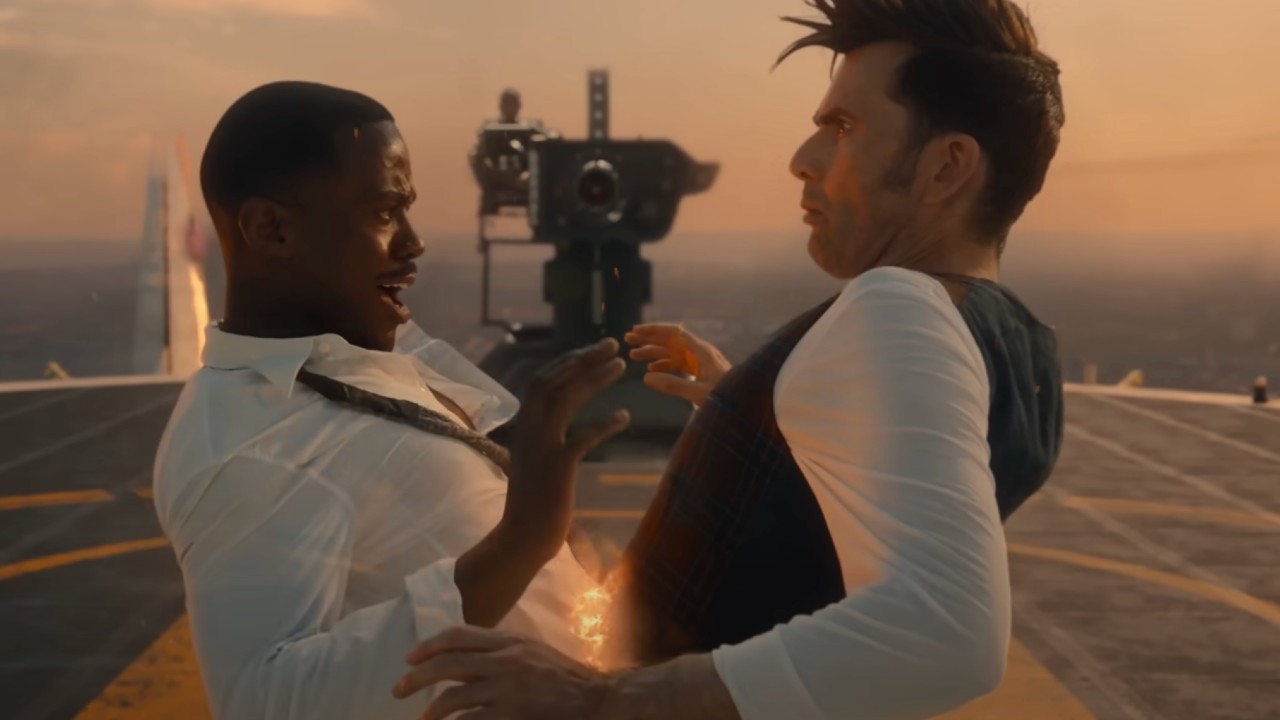
Fourteenth Doctor - "The Giggle" (Didn't Die, But Bi-generated)
The Fourteenth Doctor came face-to-face with his old adversary, Toymaker, who might've permanently changed Doctor Who's canon as we know it. After being shot by a galvanic beam, The Doctor didn't regenerate. Instead, the Fifteenth Doctor split from his body, and both the Fourteenth and Fifteenth Doctors continued to live despite the fatal blow.
Current showrunner Russell T. Davies suggested in a commentary track that in that moment, every single Doctor bi-generated rather than their previously seen regeneration. This could theoretically mean that every single incarnation of The Doctor is still alive and never "died" at all, which would be huge. For now, we'll just have to wait and see how it plays out as Ncuti Gatwa kicks off his tenure as the character.
The new era of Doctor Who will be available for those with a Disney+ subscription this spring, 2024. Here's hoping for more details about the future of the franchise along the way, and maybe even some fresh spinoffs for fans to enjoy with previous Doctors.
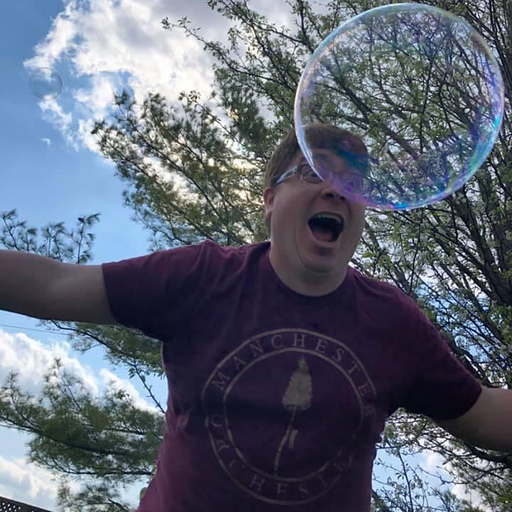
Mick Joest is a Content Producer for CinemaBlend with his hand in an eclectic mix of television goodness. Star Trek is his main jam, but he also regularly reports on happenings in the world of Star Trek, WWE, Doctor Who, 90 Day Fiancé, Quantum Leap, and Big Brother. He graduated from the University of Southern Indiana with a degree in Journalism and a minor in Radio and Television. He's great at hosting panels and appearing on podcasts if given the chance as well.
